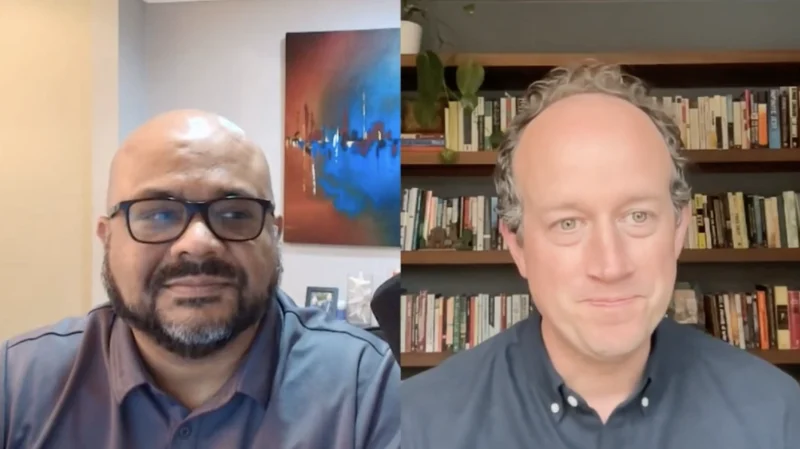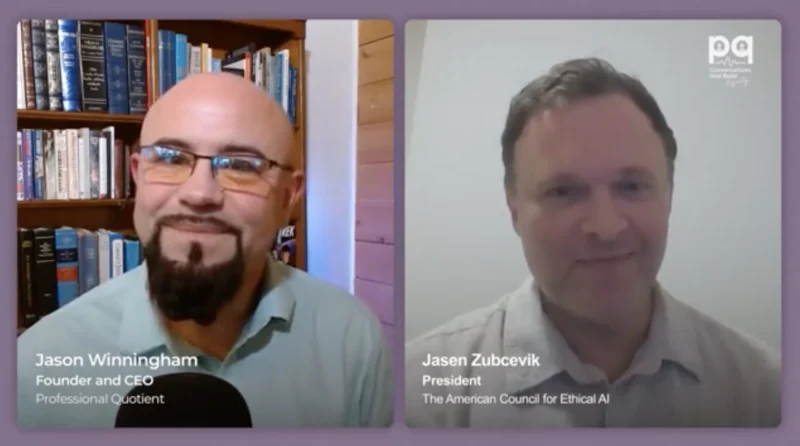Decoding the 2023 Tax Changes: An Insightful Discussion with Tax Services Partner Kurtis Dixon
Every year, legislators make new regulations and changes to the tax code, and 2023 is no exception. On this episode of On the Shop Floor, Weaver’s Partners-in-Charge of Manufacturing, Distribution, and Retail Services—Colby Horn and Jody Allred—sat down to talk with Weaver’s Tax Services Partner, Kurtis Dixon on the latest developments and tax changes in 2023.
-Big tax changes are coming in 2023 for businesses and clients
-Bonus depreciation will begin to phase out in 2023, and be fully phased out in 2027 (20% reduction each year)
-R&E costs will now have a five-year amortization attached
Dixon detailed some of the biggest changes happening in 2023 and modifications to how companies are taxed. One of those changes is in bonus depreciation, which has allowed businesses to deduct purchases upfront. “For years it’s been 100%, prior to that a mixture of 100% and 50%, so there’s been a lot of change, but we’ve been in an environment where you spend money, you take the deduction for tax purposes. That is changing in 2023. So that 100% bonus depreciation has changed to 80% now. So, if clients didn’t make some moves prior to year-end, and now they’re spending money, there’ll be less of that immediate tax benefit. And then in 2024 that changes to 60% and a ratchet down to 20% each year after, so bonus depreciation is a really big change,” Dixon said.
Another change comes in the form of IRC Section 174 expenditures, which are deductions related to research and experimentation (R&E). Previously, clients could easily “expense it”, meaning R&E costs could be expensed without the client needing to get as much into the details of whatever may have been researched and experimented on. Not so in 2023, when clients and businesses will have to look into their R&E more closely and determine what cost can, if any, be expensed. . “Now it is a five-year amortization. So, are you able to identify those costs? Are you able to deduct some of them if they weren’t classified in the past?” Dixon explained. With R&E costs now required to be amortize over a five-year period, getting these costs classified correctly is very important.
Kurtis Dixon has more than 15 years of experience in public accounting and focuses on providing tax compliance, planning and consulting services to businesses and individuals. Kurtis also has experience with preparation and review of income tax provisions. He earned his bachelor’s degree in accounting, master’s degree in taxation and Master of Business Administration degrees all from the University of Texas at Arlington.




